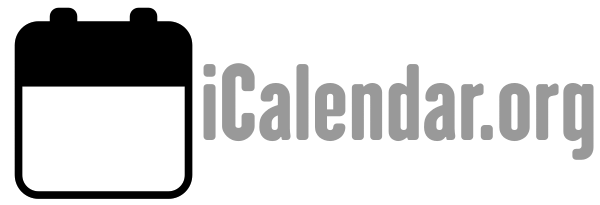The server processes scheduling messages received for an "Attendee" by creating a new scheduling object resource in a calendar collection belonging to the "Attendee", when one does not already exist. A calendar user that is an "Attendee" in a scheduling operation MUST have at least one valid calendar collection available. If there is no valid calendar collection, then the server MUST reject the attempt to deliver the scheduling message to the "Attendee".
Servers MAY provide support for a default calendar collection -- that is, the calendar collection in which new scheduling object resources will be created. The CALDAV:schedule-default-calendar-URL WebDAV property, which can be present on the scheduling Inbox collection of a calendar user, specifies whether this calendar user has a default calendar collection. See Section 9.2. Servers SHOULD create new scheduling object resources in the default calendar collection, if the CALDAV:schedule-default-calendar-URL WebDAV property is set.
Servers MAY allow clients to change the default calendar collection by changing the value of the CALDAV:schedule-default-calendar-URL WebDAV property on the scheduling Inbox collection. However, the server MUST ensure that any new value for that property refers to a valid calendar collection belonging to the owner of the scheduling Inbox collection.
Servers MUST reject any attempt to delete the default calendar collection.
